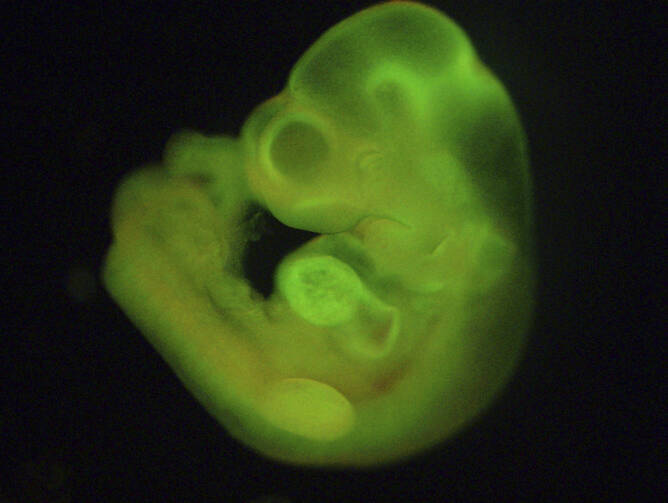A new method of creating versatile stem cells from a relatively simple manipulation of existing cells could further reduce the need for research involving human embryos. Although the process has been tested only in mice, two studies published on Jan. 29 in the journal Nature detailed research showing success with a process called stimulus-triggered acquisition of pluripotency, or S.T.A.P. Scientists from Japan’s Riken research institute and Harvard’s Brigham and Women’s Hospital in Boston were able to reprogram blood cells from newborn mice by placing them in a low-level acidic bath for 30 minutes. “If this technology proves feasible with human cells, which seems likely, it will offer yet another alternative for obtaining highly flexible stem cells without relying on the destructive use of human embryos,” said the Rev. Tadeusz Pacholczyk, director of education at the National Catholic Bioethics Center in Philadelphia.
New Stem-Cell Method Shows Promise
Show Comments (
)
Comments are automatically closed two weeks after an article's initial publication. See our comments policy for more.
The latest from america
Acceptance of changing tides was a major theme at the recent Conference of Major Superiors of Men National Assembly.
Catholic digital content creators reflect on their experiences at the Vatican's first-ever Jubilee of Digital Missionaries and Catholic Influencers.
Kerry Weber: “The Lilly grant is going to give us the opportunity to tell our stories in a more in-depth way and tell new stories that we may not have had the resources to tell otherwise.”
Nothing in my life has been as freeing as the realization that not everyone is going to love, like or approve of me.








